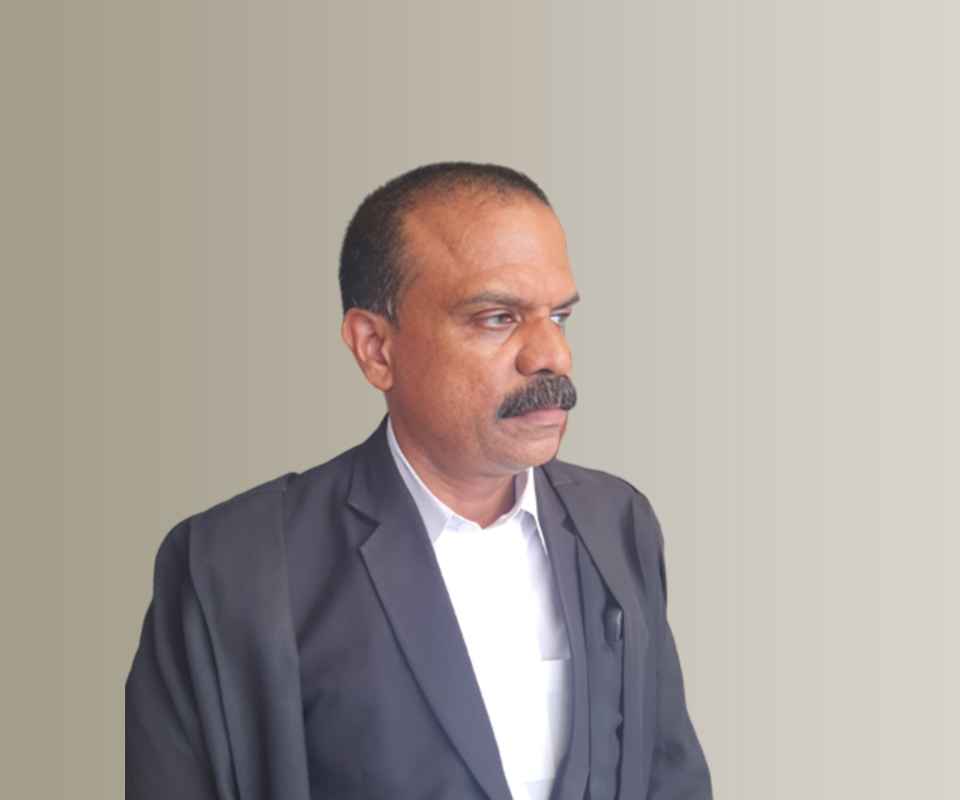Answer By law4u team
A Hindu Undivided Family (HUF) is a unique legal entity under Hindu law where property is held collectively by the family members, and the Karta (usually the eldest male member) manages the property and business affairs of the HUF. Upon the death of the Karta, the division and management of HUF property come into focus. The property does not automatically divide upon the Karta’s death, but specific legal processes are followed for its succession or division.
Is HUF Property Divided On Death of Karta?
Role of the Karta:
The Karta plays a central role in the management of HUF property, overseeing its day-to-day operations, handling business affairs, and making decisions related to the assets. Upon the Karta’s death, their role ceases, and the succession of both their position as the Karta and the division of HUF property must be determined.
Succession of the Karta’s Role:
New Karta:
The Karta’s position is typically passed on to the next senior-most male member of the family, who is usually the eldest son or another coparcener (a male member of the HUF with a share in the property).
Female Members:
Under the Hindu Succession Act, female members of the family do not automatically become the Karta, but they may have a stake in the property and can inherit from the deceased Karta's share.
Does the Property Automatically Get Divided?
Not Automatically:
Contrary to popular belief, HUF property is not automatically divided upon the death of the Karta. The property remains joint until it is partitioned by the members. The heirs can decide whether they want to continue the HUF or opt for a partition.
Partition of Property:
The members of the HUF may choose to partition the property, which can be done either voluntarily by mutual agreement or through a legal process, such as a formal decree from a court.
HUF Property and Legal Heirs:
Upon the death of the Karta, the legal heirs, which include the wife, children (sons and daughters), and other coparceners, have the right to the deceased Karta’s share of the property.
The sons (and in some cases, daughters) are considered coparceners under the Hindu law and have a right to claim a share in the HUF property. Daughters, as per the amendments in the Hindu Succession Act, 2005, also have equal rights to HUF property and can demand a share.
Partition of HUF Property After the Karta’s Death:
The HUF property does not automatically divide unless the members decide to partition it. After the death of the Karta, the remaining members can either choose to continue the HUF or go for a partition.
Partition by Agreement:
The family members may mutually agree to divide the HUF property, and they can do so by creating a partition deed.
Court Involvement:
If the family members are unable to reach an agreement on the partition, a court may be involved to settle the matter.
HUF Business and Property Post-Karta’s Death:
If the HUF holds a business, it can continue operating, and the new Karta may manage the business affairs. However, if the business is to be liquidated or divided, the same partition procedures will apply.
Transfer of Property:
The family members may opt to divide the property among themselves, based on their legal share as determined by law, after the Karta’s death. The division may depend on the current composition of the HUF and whether there is an agreement for partition.
Legal Example:
Consider a situation where Mr. Sharma, the Karta of an HUF, passes away. The members of the HUF, including his wife and two sons, can either continue with the HUF under a new Karta (the eldest son) or decide to partition the property. If they decide to partition, they can divide the assets according to the share of each member. The partition will include all ancestral property, and the legal heirs will inherit a portion of the property.
Example in Legal Disputes:
After Mr. Rao’s death, the family members could not agree on the division of the HUF property. The sons wished to partition the property, but the wife wanted to retain it as a joint family asset. In this case, the matter was taken to court, and the court issued a decree dividing the property among the legal heirs. The legal heirs included Mr. Rao’s sons and wife, and the property was divided according to the laws of succession.
Hindu Succession Act 2005:
With the amendment to the Hindu Succession Act in 2005, daughters now have equal rights as sons in HUF property, which means that after the Karta’s death, daughters can claim a share in the property alongside sons.
Legal Actions and Protections:
Legal Heir Certificate:
In cases where the Karta has died and there is a dispute over who the legal heirs are or the succession process, the family can obtain a legal heir certificate to establish the rightful heirs to the property. This certificate is essential for partitioning the property.
Court Proceedings:
If there is a dispute between the family members regarding the division of HUF property after the death of the Karta, the matter can be taken to court. The court can issue a decree for the partition of the property, ensuring that the division is in accordance with the legal rights of the heirs.
Conclusion:
The HUF property is not automatically divided upon the death of the Karta. It remains a joint family asset until the members choose to partition it, either by mutual consent or through legal action. Upon the Karta’s death, a new Karta is appointed, and the legal heirs (sons, daughters, wife, etc.) may claim their rightful share. The partition can be carried out through a formal deed or through court proceedings if there are disagreements. The process of dividing the HUF property is subject to the provisions of the Hindu Succession Act, including the rights of daughters post-2005 amendment.







